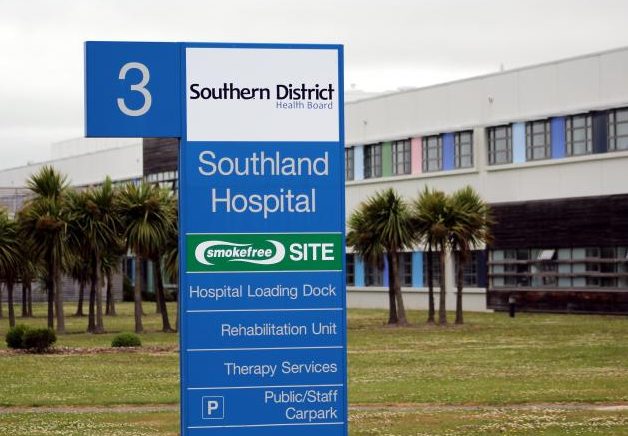The Deputy Health and Disability Commissioner found that Te Whatu Ora Southern and a hospital registrar violated a man’s rights to safe healthcare after he died from a brain bleed.
The incident began when the man, who was living in a care home, had a fall that no one saw. He was taken to Southland Hospital’s emergency department, but a crucial envelope with his medical information was misplaced. This envelope contained important details, including that he was taking blood thinners (anticoagulants), which increase the risk of bleeding.
Upon arrival, the man’s initial health checks were done by a nurse about six hours after he reached the hospital, and the first doctor saw him nine hours after he arrived. Since the doctor didn’t know he was on blood thinners, she didn’t order a CT scan, which could have shown signs of bleeding. He was monitored and sent back to his care home the next day.
Unfortunately, his condition worsened, and he was returned to Southland Hospital. A CT scan this time showed he had a serious brain bleed, and he passed away soon after.
Deputy Health Commissioner Deborah James said that Health NZ failed to provide adequate care. She pointed out that the hospital didn’t have a clear process for handing over patient information, leading to the loss of the man’s records. Additionally, he should have been assessed much sooner and received a CT scan given his age and head injury, even if staff didn’t know he was on blood thinners.
James recommended that Health NZ and the registrar both apologize to the man’s family and ensure better processes are in place for patient information when emergency beds aren’t available. Since the incident, Te Whatu Ora has added more night-shift nurses and made sure medical imaging staff are always on site. The registrar has also made several improvements to her practices.


